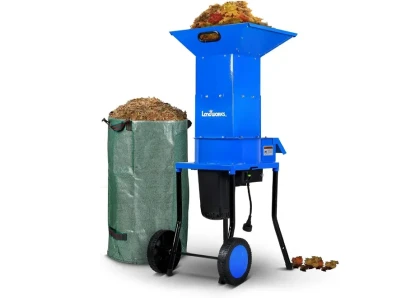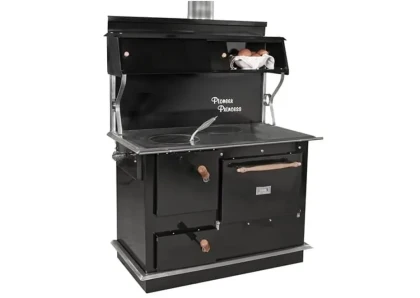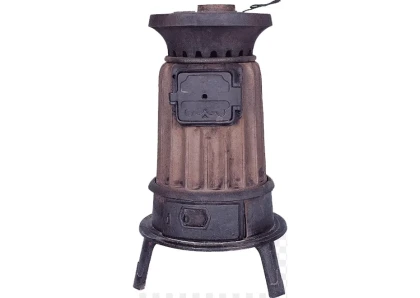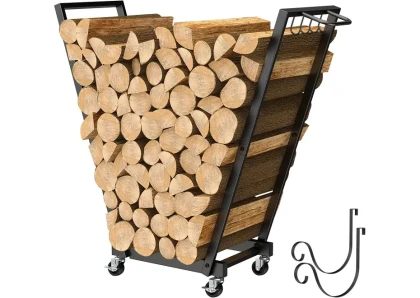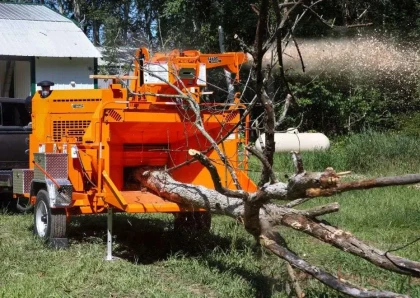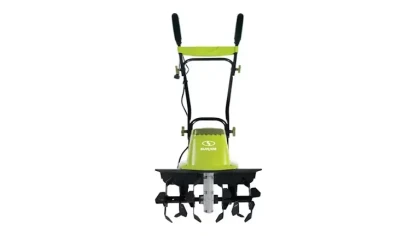
Fencing Lumber
Overview
Building a fence requires careful consideration of the type of lumber you choose. Fencing lumber can be broadly classified into two categories: softwood and hardwood. Softwood options include popular choices like pine, Douglas fir, spruce, and poplar, while hardwood options consist of red oak, white oak, hickory, cedar, redwood, and mahogany.
Softwoods like pine are favored for their affordability and availability. They are commonly used in fencing projects due to their accessibility and ease of handling. However, it's important to note that softwoods may not be as durable as hardwoods and may require more maintenance over time.
On the other hand, hardwoods such as red oak and cedar offer exceptional strength and longevity. These woods possess natural resistance to rot, decay, and insect damage, making them ideal for regions with challenging weather conditions or high insect activity. While hardwoods generally come with a higher price tag, their durability and ability to withstand wear and tear make them a worthwhile investment.
Each type of fencing lumber has its own advantages and considerations. Softwoods are generally more budget-friendly and easier to work with, but they may necessitate more maintenance and have a shorter lifespan compared to hardwoods. Hardwoods, on the other hand, provide outstanding durability and resistance to various environmental factors, albeit at a higher cost.
When selecting the right fencing lumber for your project, it's crucial to take into account factors such as your budget, desired level of durability, aesthetic preferences, and the specific environmental conditions in your area. Seeking advice from professionals or visiting a local lumberyard can be valuable in obtaining personalized recommendations based on your specific needs.
By understanding the strengths and weaknesses of different types of fencing lumber, you can make an informed decision that ensures your fence not only looks appealing but also endures over time. Invest the necessary time and effort into selecting the right material, and you'll be rewarded with a fence that not only enhances your property's aesthetics but also stands strong for years to come.
Types of Fencing Lumber
Many types of fencing lumber are available, each with its own advantages and disadvantages. Some of the most common types of fencing lumber include:
Softwood
- Pine: Pine is the most common type of softwood used for fencing lumber. It is relatively inexpensive and easy to find. However, pine is not as durable as other types of wood and it can be susceptible to rot and decay.
- Douglas fir: Douglas fir is a stronger and more durable type of softwood than pine. However, it is also more expensive.
- Spruce: Spruce is a lightweight and soft type of softwood. It is not as durable as other types of wood, but it is easy to work with and it can be stained or painted to match your home's décor.
- Poplar: Poplar is a softwood that is easy to work with and relatively inexpensive. It is not as strong or durable as hardwoods, but it is a good choice for fences that do not need to be as high-traffic or durable. Poplar is a good choice for fences that need to be painted or stained, as it is a good absorbent.
Hardwood
- Red oak: Red oak is a strong and durable hardwood that is resistant to rot and decay. It is also naturally insect-resistant, making it a good choice for areas with a lot of insects. Red oak is a good choice for high-traffic areas, as it can withstand a lot of wear and tear.
- White Oak: White oak is another strong and durable hardwood that is resistant to rot and decay. It is also naturally insect-resistant, making it a good choice for areas with a lot of insects. White oak is a good choice for fencing in areas with harsh winters, as it is very resistant to warping and splitting.
- Hickory: Hickory is a very strong and durable hardwood that is resistant to wear and tear. It is also naturally insect-resistant, making it a good choice for areas with a lot of insects. Hickory is a good choice for fencing in areas with high traffic, as it can withstand a lot of wear and tear.
- Cedar: Cedar is a naturally rot-resistant type of hardwood. It is more expensive than softwoods but is also more durable and can last many years with proper care.
- Redwood: Redwood is another naturally rot-resistant type of hardwood. It is more expensive than cedar, but it is also more durable and can last even longer.
- Mahogany: Mahogany is a strong and durable type of hardwood. It is more expensive than other types of wood, but it is also a good choice for fencing in areas with high winds or heavy rains.
Choosing Fencing Lumber
To ensure the best outcome for your fence, it's crucial to consider the following factors during the selection process:
- Fence Type: Different types of fences require specific lumber characteristics. Thicker and stronger lumber is ideal for privacy fences, while lightweight options work well for decorative fences.
- Climate Considerations: If your fence will be exposed to heavy rainfall or snow, opt for fencing lumber with excellent resistance to rot and decay to ensure its longevity.
- Budget: Fencing lumber prices can vary significantly. Choose an option that not only suits your needs but also fits comfortably within your budget.
Installing Fencing Lumber
Installing fencing lumber is a straightforward process. Digging post holes and securing the posts with concrete or gravel is the most common method. Nails or screws can then be used to attach the rails to the posts. For those without experience or confidence, hiring a professional ensures a seamless and secure fence construction.
Maintenance Tips
Regular maintenance is key to preserving the appearance and performance of your fencing lumber:
- Painting or Staining: Applying paint or stain not only enhances the aesthetics of your fence but also provides vital protection against the elements, preventing premature rot and decay.
- Routine Inspections: Regularly inspect your fence for any signs of damage or wear. Promptly address any issues to ensure the longevity of your investment.
- Cleaning: Keep your fence clean by removing dirt, debris, and mold growth. This simple maintenance practice helps maintain its overall condition.
The Benefits of Fencing Lumber
Discover the advantages that make fencing lumber the smart choice for your fencing project
- Cost-Effectiveness: Fencing lumber offers an affordable solution without compromising quality, making it an economical option for homeowners.
- Accessibility: With numerous suppliers offering a wide selection of fencing lumber, you can easily find the materials you need for your project.
- Ease of Installation: Fencing lumber's manageable weight and size simplify the installation process, ensuring a hassle-free experience for homeowners and contractors alike.
- Durability: Well-selected and properly maintained fencing lumber can withstand the test of time, providing a durable and long-lasting fence for your property.
- Aesthetic Versatility: Personalize your fence by staining or painting the fencing lumber to match your home's exterior, adding a touch of charm and elegance to your outdoor space.
Cons
However, it is important to consider a few drawbacks:
- Maintenance Requirements: Fencing lumber requires regular maintenance to protect against rot, decay, and other weather-related damage. Failure to perform upkeep can shorten its lifespan.
- Initial Investment: While some options are budget-friendly, certain high-quality lumber, such as redwood, comes with a higher price tag. Balancing your budget with desired longevity is essential.
Conclusion
In conclusion, when it comes to building fences, fencing lumber provides a diverse range of options and advantages. It's crucial to carefully consider the unique characteristics of each lumber type, your specific project needs, and your budget to make a well-informed choice. If you're seeking expert guidance, top-quality materials, and professional installation, look no further than Forestry.com. Contact us today, and our dedicated team will be delighted to help you create a stunning fence that perfectly blends functionality with aesthetics.
Forestry Offers:- We offer wholesale and bulk buying options for fencing lumber
- Wide variety of wood species
- Variety of grades and treatment options
- Knowledgeable team
- On-time completion
- Satisfaction guarantee




